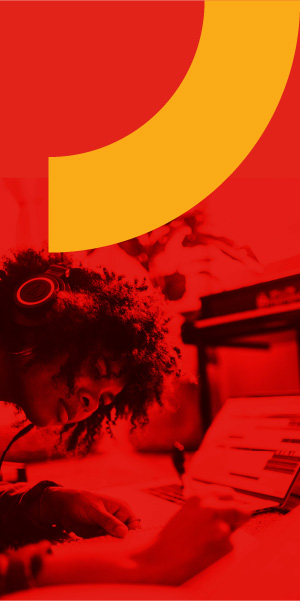The uptake of remote learning has had some unexpected benefits, but in-person activities must continue to play a key role in the future of education
The acceleration of remote learning during the pandemic has allowed for the fast deployment of tools and programmes to facilitate it. But as the pandemic recedes, universities must question if things will return to the old normal or if a hybrid learning model is likely to stay.
At a webinar hosted by Times Higher Education, in partnership with Cisco, panellists discussed how to increase access with secure, integrated campuses for a new type of student experience.
Over the past 15 months, students’ feedback has been consistent in one point, according to Catherine Chambers, head of digital education at Keele University. Face-to-face communication remains an integral part of higher education for learners.
“We are doing a digital review with staff and students, and my role is more from the pedagogical perspective. The demand from students for live sessions and interactions with other students and staff is there. How can we create those learning social experiences?” Chambers asked. “And that poses the big question about hybrid learning, which we are reviewing for the next academic year.”
In certain disciplines, live sessions are not only an option but a necessity, according to Raymond MacDonald, chair of music psychology and improvisation at the University of Edinburgh. “Live sessions have been crucial for us and are key in our approach. That has been one of the biggest challenges: trying to maintain the contact with students and to maintain the social and the community aspect of teaching. We were all nervous at first, but I feel the class enjoyed the experience,” MacDonald said.
Santanu Vasant, head of the learning and teaching centre at the University of West London, agreed that in-person learning would be key moving forward. Adapting the centre’s small campus to the realities of hybrid learning would be a challenge in the year to come, he added.
Kay Yeoman, academic director for learning and teaching enhancement at the University of East Anglia (UEA), said that supporting staff to use digital tools had been essential to institutions’ success over the past year and will remain so. “Regarding staff, it is still very much about training: we still have staff who lack confidence, and we have pockets which feel they want to go back to what we had before,” Yeoman said.
Alison Metcalfe, pro vice-chancellor at Sheffield Hallam University, observed that remote learning had been especially beneficial to postgraduate students, who tend to be older and can find it difficult to strike a work-life balance when they are required to attend on-campus classes.
Tom Ward, pro vice-chancellor for education at Newcastle University, said that educators must tread carefully when implementing new technologies. There was a risk that technology would lead pedagogy, rather than facilitating it.
“Where we need to make big steps is in understanding what online would look like. The last 18 months have shown in positive ways what is easy to do, but also what is difficult and what matters the most,” Ward said.
Ceri Williams, education business architect at Cisco, said that the deployment of new and enhanced tools had developed rapidly, with platforms having accelerated the changes that were coming slowly prior to the pandemic.
Newcastle’s Tom Ward concluded: “Our campuses are being pushed by the circumstances into resembling the more complex workplaces our graduates are going to end up at. Students value face-to-face interaction, and we need to listen.
“Emotional feelings as people return to campus are very strong. It is not going to be the same, but it will not be all online either, it will not be an empty campus future.”
Watch the webinar on demand above or on the THE Connect YouTube channel.
Find out more about Cisco and higher education.


